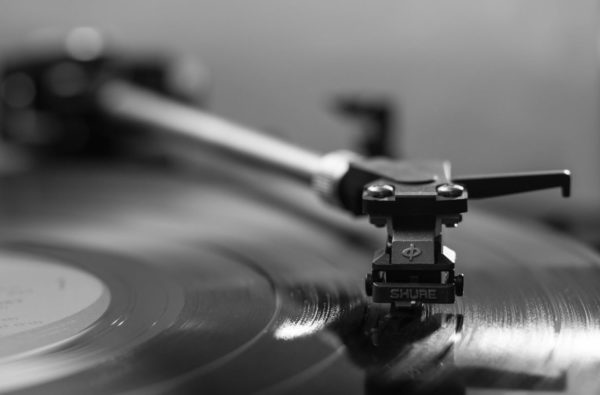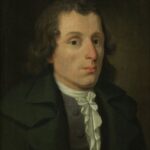This article is about Beethoven’s early years in Bonn, his home city before Vienna. We will discover what compositions he made, if these were special in any way or quite the opposite. Let us find the answers to these questions!
For almost two hundred years Vienna was the capital of music and all wannabes moved there to learn, shine and leave a mark on history. Beethoven did the same, but before, he had spent his first two decades in Bonn, his hometown. Did Beethoven compose any remarkable works in Bonn?
Especially, comparing him to Mozart, a true and unparalleled prodigy, it is remarkable how insignificant and small in numbers are the works he created in Bonn! At age of 24 he presented the Trios op.1 to the world, his first as a finished artist. But what did he compose before that?
The most important works from this period are the cantatas for the death of Joseph II. (1790) and later the coronation of Leopold II. (1790). Neither of them was published or performed by that time. In fact, they were lost to the world for almost a hundred years! As the story goes, the manuscripts of the scores were listed for auction from the library of a certain Baron de Beine, in April 1813. The item was then purchased presumably by Johann Hummel and after his death it found its way to a second-hand bookshop of List and Francke, in Leipsic. It was in 1884, when a man named Armin Fridmann from Vienna, had purchased it and brought to Vienna, where in November 1884 it was finally first performed!
We do not know certainly why the cantatas were not performed by the time. The last meeting of the preparation for the memorial service has a memo, which state that “for various reasons the proposed cantata cannot be performed”. Among the possible reasons two stand out. It may be that the wind-instrument sections were too complicated for the artists; or the notorious slow worker Beethoven did not finish in time. These reasons can be true for both works.
The two cantatas mark the culmination of Beethoven’s compositions in Bonn. When Brahms played the score, remarked “It is Beethoven through and through. Even if there were no name on the title-page none other than that of Beethoven could be conjectured.”
There are considerable amount of songs from this era. Notable from these are the Ich, der mit flatterndem Sinn, Se vuol ballare, Feuerfarbe or a drinking-song Erhebt das Glas mit froher Hand. There is no point in listing them all, since these are not very relevant compositions.
In the field of instrumental music a notable work is the Ritterballet, estimated to be composed by 1790. This supposedly revisits ancient Germans and their pursue of war, love and drinking. The Ritterballet contains 8 songs, each with a different theme.
The Trio for Strings (op.3), another outstanding work, about which a music enthusiast wrote “Recently we arrived at Bonn, the birthplace of Beethoven. About the year 1786, my friend the Abbe Dobler, chaplain to the Elector of Cologne, first noticed this curly, blackheaded boy, the son of a tenor singer in the cathedral. Through the Abbe I became acquainted with the first production of this wonderful composer. How great was my surprise in playing the viola part to his Trio in E-flat, so unlike anything I had ever heard. It was a new sense to me, an intellectual pleasure which I had never received from sounds.”
Pianoforte music was without doubt part of Beethoven’s daily duties for the Elector. From these works in many cases, we have only remaining fractions. Most notable music from this period is the Prelude in F minor (probably inspired by Bach), Twelve Major Keys for Pianoforte or Organ and the Variations on the arietta ‘Venni Amore’. Also, the Variations in A major on a theme from opera ‘Das rothe Käppchen’ and the Sonata in C.
Considering all his works in his Bonn period from age 12 to 22, we must conclude, that we have an extremely meagre list of compositions, compared to Mozart or other productive composers. Some scholars would suggest that probably he destroyed his early works, not to have negative effect on his legacy. This we may rule out, as there is evidence how carefully he managed the manuscripts of even his most valueless compositions.
Ries, his student and assistant contradicts this by stating, “Beethoven attached absolutely no value to his autographs; after they had once been engraved they generally were piled on the floor in his living room or an anteroom among other pieces of music. I often brought order into his music, but when Beethoven hunted for anything, everything was sent flying in disorder. At that time I might have carried away the autograph manuscripts of all the pieces which had been printed, or had I asked him for them he would unquestionably have given them to me without a thought.”.
By any means, it is safe to say Beethoven was not a prodigy, nor an outstanding star teenager. He made impression, yes, showed talent above the rest, but his later powers and genius is not evident in his Bonn period.






